
Process of Feb. 28 coup d'état
February 28, the name of a dark coup against the will, the faith and the culture of the society, is being remembered cursedly because of the great destruction and suffers it has caused.
Feb. 28 process, which targeted Islamic capitals and practical components with the judiciary, bureaucracy, media and dirty alliance under the leadership of military tutelage, stands as a black mark in the history of Turkey.
Feb. 28, which was different from the coup d'état that the people are accustomed to, was a coup in which all the enemies of Islam were mobilized and the civilians played an active role. During this period, a witch-hunt for the Islamic intervention was initiated by the cooperation of the president, the opposition, the unions, the university administrations, various NGOs. The cartel media, which took news ethics under the feet, also constituted an important leg of the coup by agitation and manipulation.
In this dark period, millions of people were blacklisted. Headscarved girl students were suspended from their schools. Thousands of civil servants were dismissed from their jobs because they were religious. Pressure and persecution have been applied to the entire public servants. The Western Working Group (BÇG), formed by the junta, oversaw all institutions and organizations and dismissed religious people from their duties.
The most brutal side of the coup d'état was especially in Eastern and Southeastern Anatolia. Thousands of people were taken into custody and were tortured because they were only religious, or because they taught the Qur'an lessons in the mosques. With the courage of the coup d'état, the devotees were so reckless that they tortured even children, women and elderly people. Attacks carried out on the holy places of Islam. The headscarves of women were thrown away. Hundreds of people were sentenced to life imprisonment of by trial courts judges, especially by FETO judges, regardless of evidence.
How did the Feb. 28 coup d'état begin?
The pressures on religious people have continued since the early years of the republic, but the process leading to the Feb. 28 coup d'état has shown itself since the beginning of the 1990s. At that time, the economic instability experienced in Turkiye, coalitions, bribery and corruption allegations, has put people into a new quest. Problems in the economy were converted to crime in 1994. On these developments, heavy economic measures known as the "April 5th Decisions" were passed on.
Refah Party steadily growing in the process, causing concern in the Western world, while was disturbing especially anti-Islamic circles in Turkiye.
The statements like "Islamic Union" expressed in various platforms by the Refah Party Chairman Necmettin Erbakan frightened the colonialist western, especially the zionist. The vision of Erbakan, which was covering the whole Islamic world beyond of Turkiye, had mobilized extensions of the imperialist powers in Turkiye. In spite of all the blackouts, the Refah Party achieved great success in the local elections in 1994 and won the municipalities of big cities like Istanbul and Ankara. Votes received by the Refah Party had been perceived by the junta that Turkiye become a conservative and as a devout country.
ILKHA


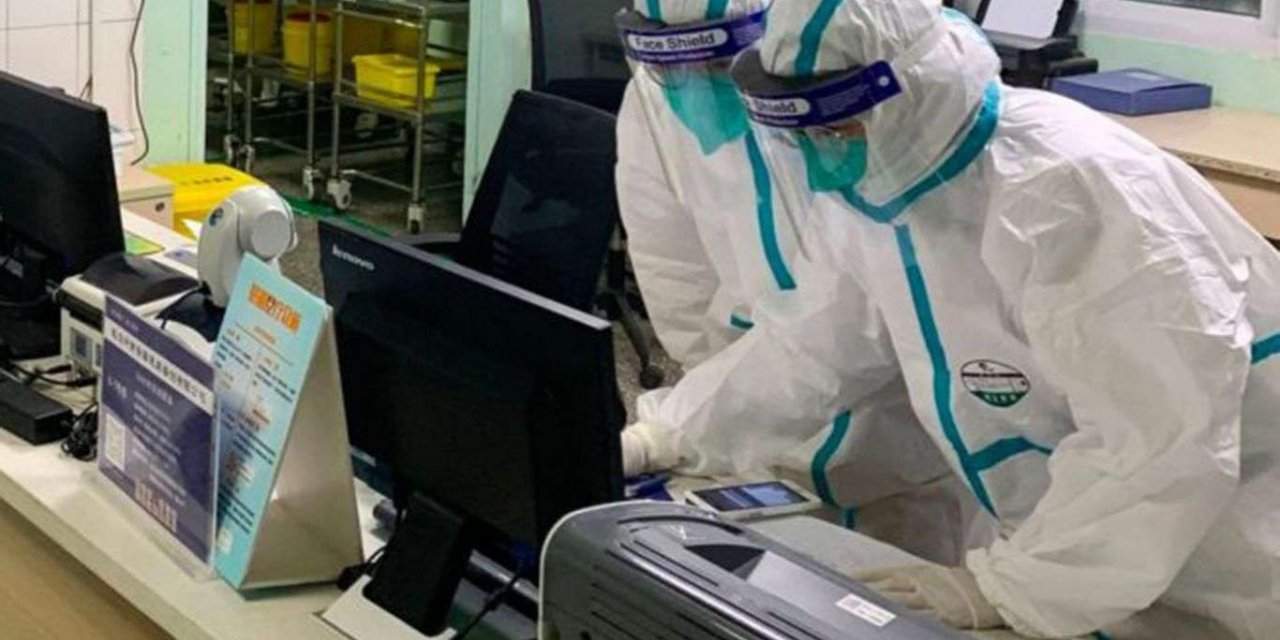
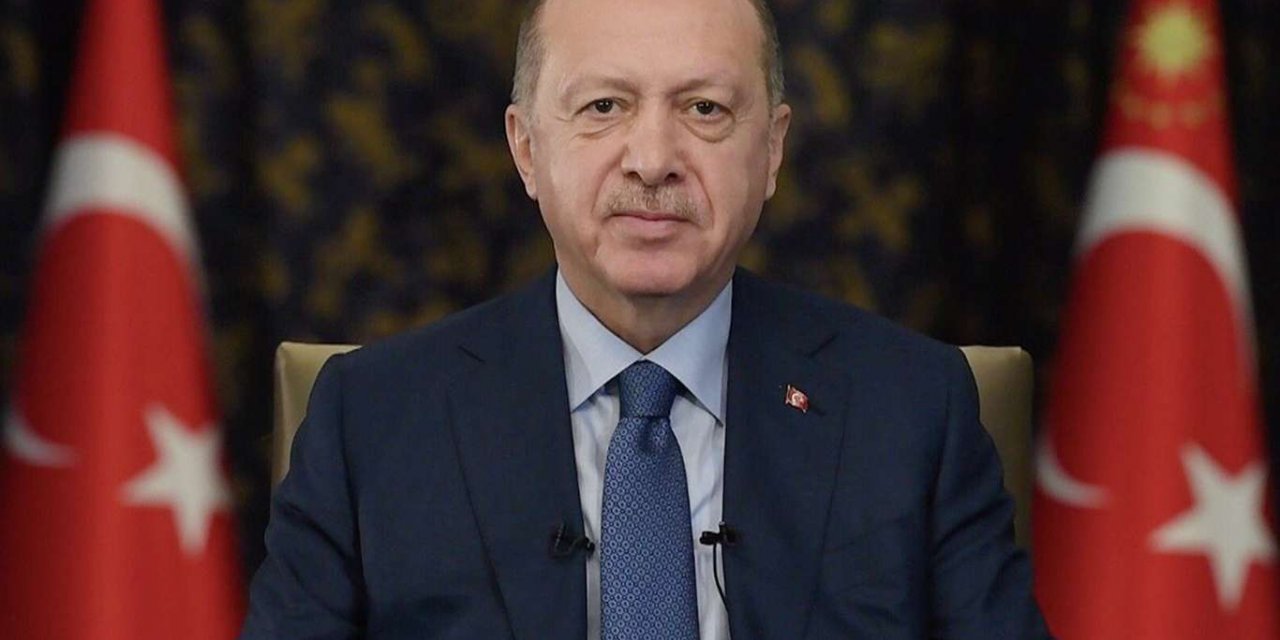

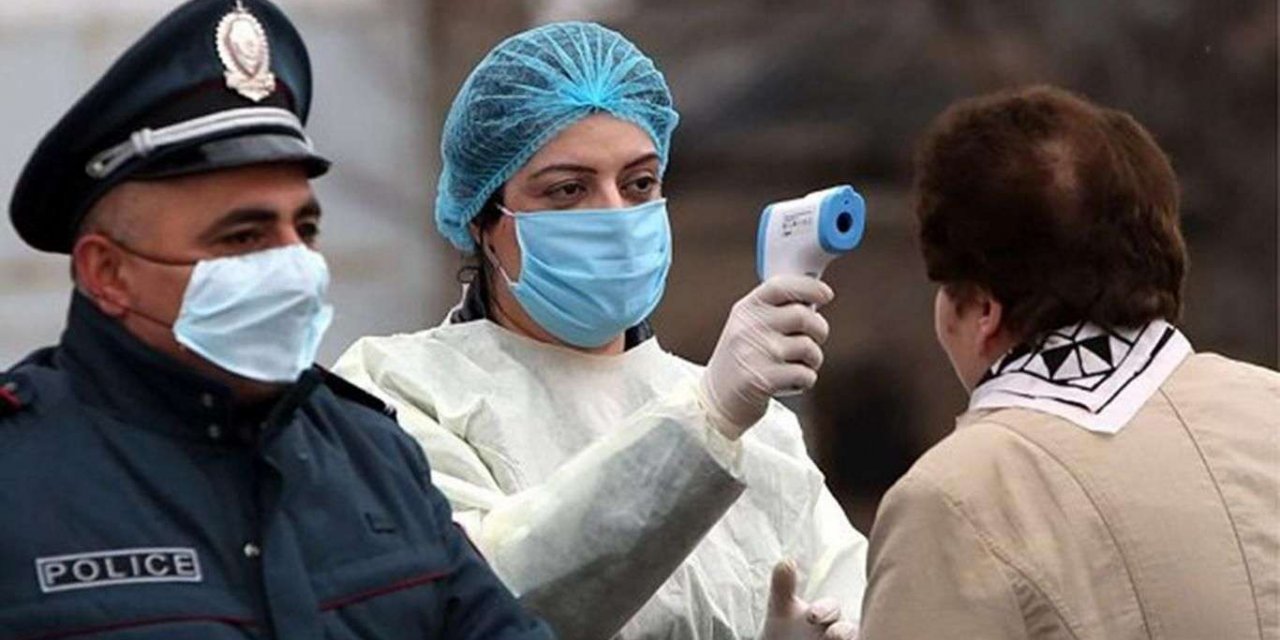
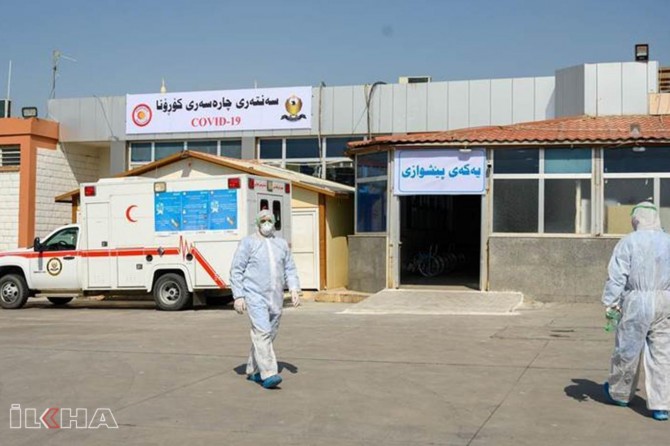
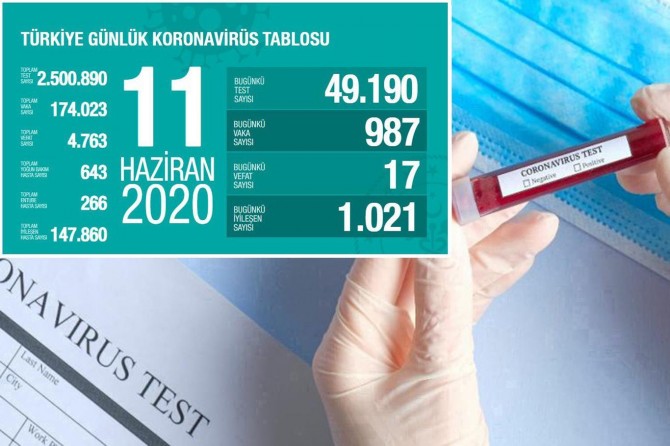
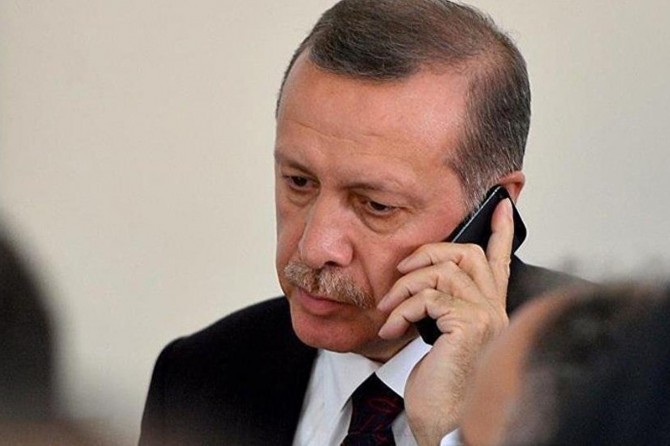
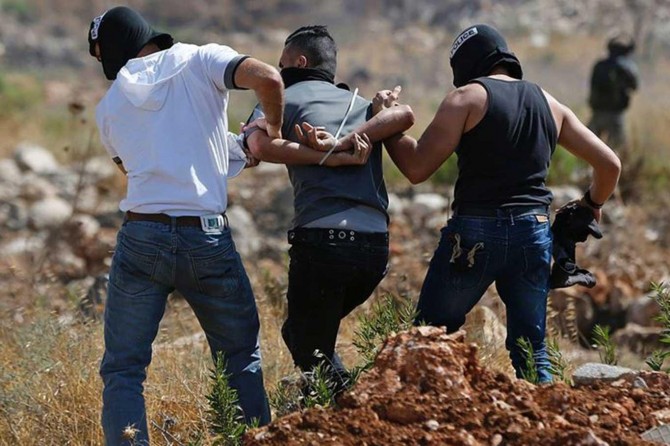
Türkçe karakter kullanılmayan ve büyük harflerle yazılmış yorumlar onaylanmamaktadır.